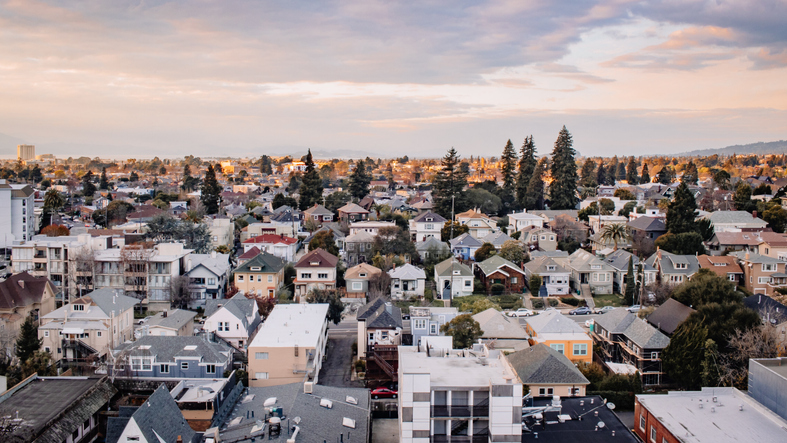San Francisco Bay Area to install 500 cameras to track crime-linked vehicles in real time

The Golden State is installing a network of 480 cameras in Oakland and San Francisco’s East Bay to help law enforcement agencies and public safety officials identify vehicles potentially linked to crimes. The technology will use real-time notifications when a suspected crime-linked vehicle is spotted by the network.
Of the 480 cameras, 290 will be deployed on surface streets throughout Oakland, and the remaining 190 cameras are to be deployed along state highways in the East Bay. The network will allow law enforcement to search for crime-linked vehicles by vehicle type, make, color, license plate state, missing/covered plates and other unique features such as bumper stickers or roof racks.
The announcement follows the February deployment of 120 California Highway Patrol officers to Oakland and the surrounding area in response to a rise vehicular-related crimes, including auto and cargo theft.
“With the installation of this 480 high-tech camera network, we’re equipping law enforcement with the tools they need to effectively combat criminal activity and hold perpetrators accountable,” California Gov. Gavin Newsom said in a press release.
The camera system will attempt to balance public safety with privacy protections, officials said. According to the announcement, there will be 28-day retention period, in which camera footage will not be shared with parties beyond California law enforcement. The governor’s office said the network will also ensure the storage, collection, sharing and use of the data is consistent with California privacy laws.



